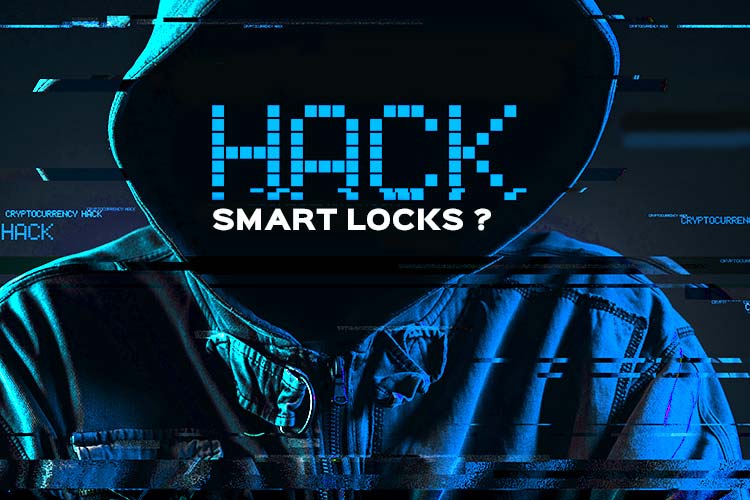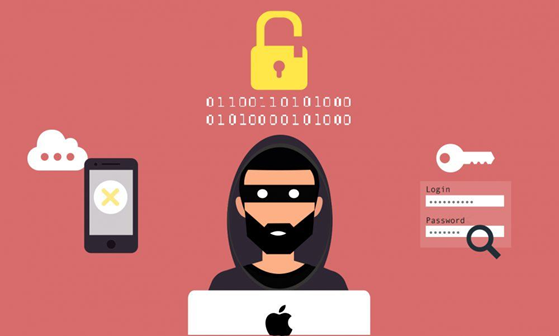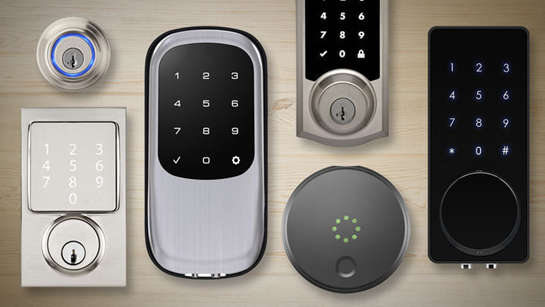Smart locks can be hacked, posing potential security risks for homeowners.

Credit: turbolock.com
How Smart Locks Work And Their Security Features
Smart locks have become increasingly popular due to their convenience and ability to enhance home security. These innovative devices use advanced technology to provide secure access to your home, replacing traditional key locks with modern digital solutions. Understanding how smart locks work and their security features is essential to make an informed decision about using them.
Encryption And Two-factor Authentication
One of the key security features of smart locks is encryption. Encryption is a process of converting data into a code that can only be deciphered using the correct encryption key. With encryption, the communication between the smart lock and your smartphone or other devices is protected, ensuring that any transmitted data is secure. This means that even if someone intercepts the communication, they won’t be able to make sense of the information.
Another important security measure implemented by smart locks is two-factor authentication. Two-factor authentication is an additional layer of protection that adds an extra step to the login process. When logging into your smart lock app or accessing your smart lock remotely, you will be required to provide two pieces of unique information. Usually, this includes something you know, like a password or PIN, and something you have, like your smartphone or a fingerprint. This two-step verification process significantly reduces the risk of unauthorized access.
Access Control
Access control is a crucial security feature offered by smart locks. Unlike traditional key locks, smart locks provide greater control over who can enter your home. With smart locks, you can create unique access codes or digital keys for different individuals, such as family members, friends, or service providers. These access codes can be easily managed and customized, allowing you to grant or revoke access at any time. Additionally, smart locks often offer activity logs, which provide a detailed record of who entered or attempted to enter your home and at what time.
Overall, while smart locks do have their vulnerabilities, they offer a range of security features that can help mitigate the risks. Encryption and two-factor authentication ensure that the communication and access to your smart lock are safeguarded. Access control allows you to closely manage who enters your home, providing you with peace of mind and an extra layer of security.

Credit: www.asurion.com
Potential Vulnerabilities And Risks Of Smart Locks
Smart locks have gained popularity in recent years due to their convenience and enhanced security features. However, like any digital device, they are not completely immune to potential vulnerabilities and risks.
Hacking Through Bluetooth Or Wi-fi
One potential vulnerability of smart locks is hacking through Bluetooth or Wi-Fi connections. Hackers can exploit weak encryption or outdated security protocols to gain unauthorized access to the lock. This can potentially compromise the security of your home.
Outdated Companion Apps Or Software
Another risk of smart locks is outdated companion apps or software. If the manufacturer doesn’t regularly update the app or software, it may contain security vulnerabilities that hackers can exploit. It is crucial to keep the lock’s companion app and software up to date to ensure the latest security patches are applied.
Comparison To Traditional Key Locks And Additional Security Measures
When it comes to home security, one common question that arises is whether smart locks can be hacked. While both smart locks and traditional key locks have vulnerabilities, smart locks offer additional security features to help mitigate risks. In this section, we will compare the advantages and disadvantages of smart locks and explore the additional security measures they provide.
Advantages And Disadvantages Of Smart Locks
Smart locks bring a range of advantages to the table. They provide convenience, allowing you to lock or unlock your door remotely using a smartphone or voice command. With smart locks, you can also create and manage temporary access codes for guests, giving you greater control over who enters your home. Additionally, smart locks offer the benefit of keyless entry, eliminating the need to carry around physical keys.
However, it is important to consider the disadvantages of smart locks as well. One of the main concerns is the possibility of hacking. While smart lock manufacturers implement encryption and two-factor authentication to minimize the risk, it is still a potential threat. Another disadvantage is the reliance on technology and power. If there is a power outage or a technical glitch, you might find yourself locked out or unable to unlock your door.
Security Measures For Enhanced Protection
To enhance the security of your smart lock, there are additional measures you can take. Some of these include:
- Regularly updating your smart lock’s firmware to ensure it is equipped with the latest security patches.
- Using strong and unique passwords for your smart lock’s mobile app or web portal.
- Enabling two-factor authentication, which adds an extra layer of security by requiring a second form of verification.
- Using a virtual private network (VPN) when accessing your smart lock remotely to secure your internet connection.
- Disabling features that may pose security risks, such as remote unlocking or integration with other smart devices.
By implementing these security measures, you can significantly reduce the chances of unauthorized access to your smart lock and enhance the overall security of your home.

Credit: store.chipkin.com
Frequently Asked Questions On Can Smart Locks Be Hacked?
Are Smart Locks Actually Secure?
Yes, smart locks are secure as they have additional security features like encryption and two-factor authentication to minimize unauthorized access. They also offer greater control over who can enter your home through access control.
How Vulnerable Are Smart Locks?
Smart locks have vulnerabilities, but they offer additional security features to mitigate risks. Encryption and two-factor authentication minimize unauthorized access, while access control provides greater control over who can enter your home. Smart locks provide enhanced security compared to traditional locks.
What Are The Disadvantages Of Smart Door Lock?
Some disadvantages of smart door locks include the need for an internet connection, the requirement to change batteries often, and the higher cost compared to traditional keys.
Can Keyless Car Door Locks Be Hacked?
Keyless car door locks can be hacked just like any other door lock mechanism. Having a keyless front door lock does not guarantee that a thief won’t try to tamper with it.
Conclusion
Smart locks offer convenience and additional security features, but it’s natural to wonder if they can be hacked. While no system is completely foolproof, smart locks come with encryption and two-factor authentication to minimize the risk of unauthorized access. They also provide access control, giving you greater control over who can enter your home.
It’s important to stay updated on software and firmware updates to ensure your smart lock remains secure. Overall, with proper precautions, smart locks can provide a safe and convenient way to secure your home.


